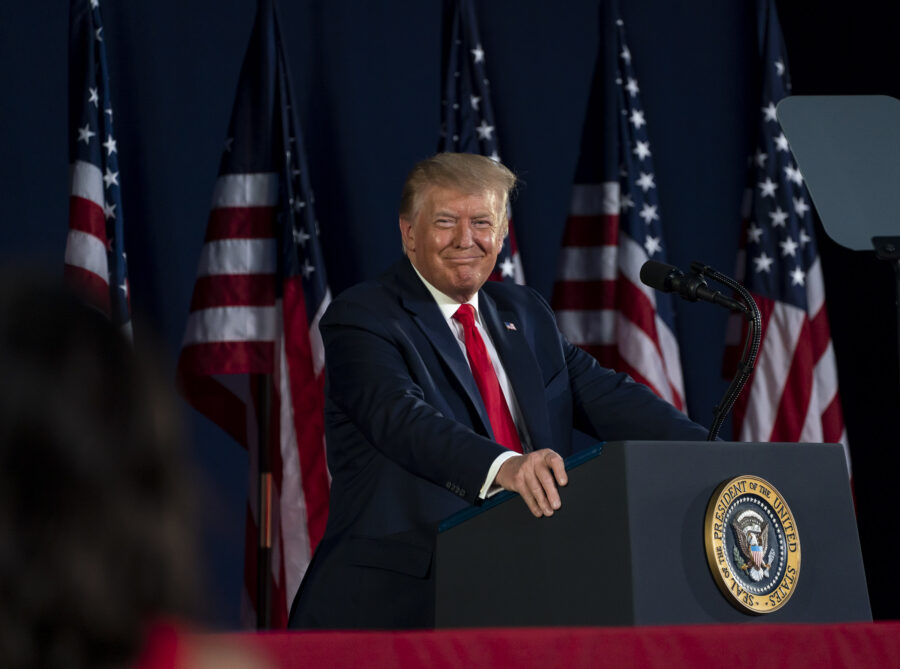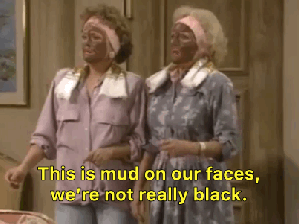Cancel Culture: New Poll Reveals Whether People Are Sick Of It Yet
Twitter basically runs almost entirely on Cancel Culture fervor these days.
This article is more than 2 years old

For several months now we’ve been documenting instances of internet outrage directed at famous figures in our ongoing #Offended series. In each case a movement to cancel the person involved has turned into a tidal wave, a tidal wave which in some cases ends up destroying lives and careers. That’s cancel culture at work and, apparently, people are getting sick of it.
It might not seem like people are sick of it if you’ve spent any time on social media. Twitter basically runs on Cancel Culture fervor these days. A scroll through the social media giant’s trending topics reveals a cavalcade of various activist groups pushing for someone to be punished for something they’ve said. It’s easy to think that’s what everyone wants, but the truth is something different as revealed in this new poll conducted by Politico.
They worked with the polling firm Morning Consult to ask people what they think of Cancel Culture. To make sure they individuals they polled were all working from the same definition, they defined Cancel Culture as “the practice of withdrawing support for (or canceling) public figures and companies after they have done or said something considered objectionable or offensive.”
The results of the poll are eye-opening. 1/4 of the people polled had no opinion at all, so they were removed from the results. Here’s what they found out about those who had something to say…
- 46% of respondents believed Cancel Culture has gone too far
- 49% believe Cancel Culture has had a somewhat negative or very negative impact
- 27% believe Cancel Culture has had a somewhat positive or very positive impact
- 40% said they have participated in Cancel Culture at some point
- 10% say the participate in Cancel Culture “often”
- 50% of Democrats say they’ve shared their dislike of a public figure online
- 1/3 of Republicans say they’ve shared their dislike of a public figure online
- 55% of people age 18-34 say they’ve participated in Cancel Culture
- 32% over age 65 have participated in Cancel Culture
The results reveal a few things but perhaps the most important one is that even people who have participated in Cancel Culture in the past seem to be getting sick of it. The fact that most people want Cancel Culture gone while the elite news media pushes it as a cultural norm could have a huge impact on society and in particular on future elections.

Currently, President Donald Trump has come out strongly against Cancel Culture. In his widely watched Fourth of July speech Trump said, “We want free and open debate, not speech codes and cancel culture. We embrace tolerance, not prejudice.”
On the flipside, Democrats have been largely in support of Cancel Culture, or at least that seems to be the public perception. Given that only 27% of people seem to share this view while 49% share Trump’s, that could translate into a big swing in votes in America’s looming next election.
Some question whether Cancel Culture really has that much of an impact. In our own tracking of internet outrage we’ve found that often a Cancel Culture mob’s attempt to ruin someone results in nothing and is quickly forgotten.
Outrage over Jimmy Fallon doing blackface in the past was quickly defused by an apology and he’s still doing his show. Attacks on JK Rowling over her views on trans people have so far done little to affect her book sales, despite book burnings and widely publicized threats. The Cancel Culture mob has been after Terry Crews for weeks, but his career seems to be doing just fine. Some people are even calling for Crews to run for President. Attempts to Cancel Amber Heard for her alleged abuse of Johnny Depp have largely amounted to nothing and Warner Bros. has refused to fire her from Aquaman 2.
But for everyone who manages to escape the grip of the Cancel Culture mob, there are those who face real consequences. In particular it seems to have consequences for those without fame or money or power. The classic example of this is Justine Sacco, a PR exec who tweeted a tasteless joke before getting on a flight, and then got off her flight to discover she was fired and her life was over. She lost her friends, her career, and everything she’d built for herself. That was in 2014 and Sacco still hasn’t recovered.
Other negative consequences are less obvious and more like a cumulative drag on our national psyche. For instance there’s the recent trend to ban episodes of popular TV shows, if they do anything which the Cancel Culture mob deems offensive. A Golden Girls episode was banned when the show’s elderly cast wore mud masks, because the Cancel Mob deemed them to be too close to wearing blackface. 5 South Park episodes have been banned, because they were too offensive for activists who reached out to HBO. And Tina Fey banned episodes of her own television show because she was worried the Cancel Culture crew would find them too offensive.

Sacco was one of the first but she wasn’t the last. Almost daily stories of people without the clout to defend themselves emerge, people whose lives are destroyed because an angry mobhas decided to come after them. Is there a way to stop it? No one seems to know, but at least now we know that most people seem to want Cancel Culture ended.













